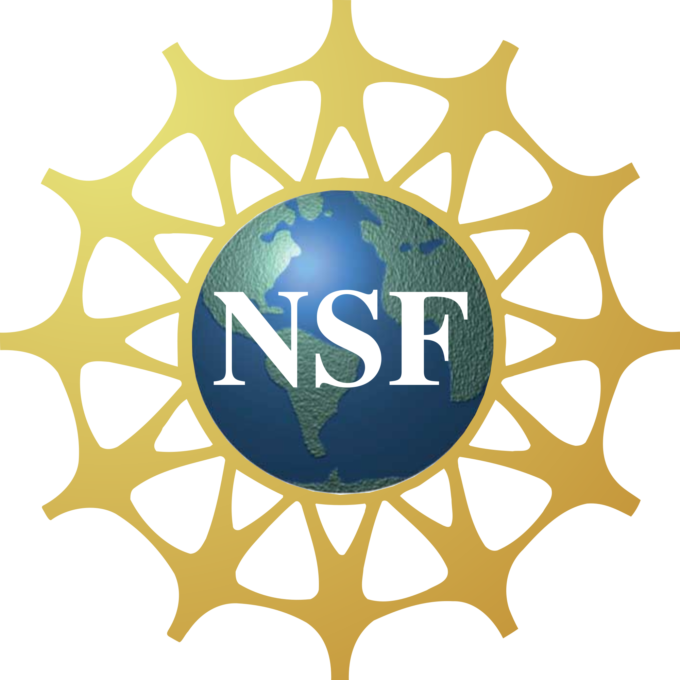Small Business Innovation Research Program Provides Seed Funding for R&D
SOMERVILLE, MA, September 4, 2018 – Transaera, Eden Geopower, and Form Energy have been awarded National Science Foundation (NSF) Small Business Innovation Research (SBIR) grants. Transaera was awarded for $225,000 to conduct research and development (R&D) work on optimizing the indoor agriculture industry and making it more efficient. Eden Geopower was also awarded $225,000 for R&D work on transforming outdated oil and gas well into geothermal energy sites. Finally, Form Energy was awarded $223,258 towards developing long-term renewable energy storage.
Transaera, Inc. will provide a suite of energy products and services for the rapidly growing controlled environment agriculture (CEA) industry. An initial project includes low-cost, efficient cooling of indoor farms using novel materials. This work will enable and facilitate efficient indoor agriculture to meet a rapidly increasing demand for sustainably-grown food worldwide.
Eden Geopower is developing new technologies to transform low-grade heat from depleted oil and gas reservoirs to sources of geothermal power. The power generated at these marginal well sites will be used to replace diesel generators during ongoing oil field operations, or sold to the grid in power purchase agreements.
Form Energy, formerly Baseload Renewables, is developing ultra low-cost energy storage technology that will be coupled with wind and solar to provide stable, predictable, emissions-free energy to the grid as is required for baseload generation. Their mission includes deep decarbonization of electricity production by providing low-cost energy storage solutions that enable wind and solar to be effectively deployed as baseload generation assets.
All three companies are based out of Greentown Labs, the largest cleantech incubator in the United States, in Somerville, MA. These three awardees were three percent of all grant recipients and made up 20 percent of Massachusetts recipients.
“The National Science Foundation supports small businesses with the most innovative, cutting-edge ideas that have the potential to become great commercial successes and make huge societal impacts,” said Barry Johnson, Director of the NSF’s Division of Industrial Innovation and Partnerships. “We hope that this seed funding will spark solutions to some of the most important challenges of our time across all areas of science and technology.”
Once a small business is awarded a Phase I SBIR/STTR grant (up to $225,000), it becomes eligible to apply for a Phase II grant (up to $750,000). Small businesses with Phase II grants are eligible to receive up to $500,000 in additional matching funds with qualifying third-party investment or sales.
NSF accepts Phase I proposals from small businesses twice annually in June and December. Small businesses with innovative science and technology solutions, and commercial potential are encouraged to apply. All proposals submitted to the NSF SBIR/STTR program undergo a rigorous merit-based review process.
To learn more about America’s Seed Fund powered by NSF, visit: https://seedfund.nsf.gov/
About the National Science Foundation’s Small Business Programs: America’s Seed Fund powered by NSF awards $200 million annually to startups and small businesses, transforming scientific discovery into products and services with commercial and societal impact. Startups working across almost all areas of science and technology can receive up to $1.5 million in non-dilutive funds to support research and development (R&D), helping de-risk technology for commercial success. America’s Seed Fund is congressionally mandated through the Small Business Innovation Research (SBIR) program. The NSF is an independent federal agency with a budget of about $7.8 billion that supports fundamental research and education across all fields of science and engineering.

